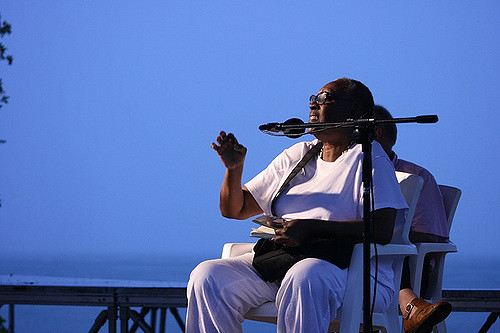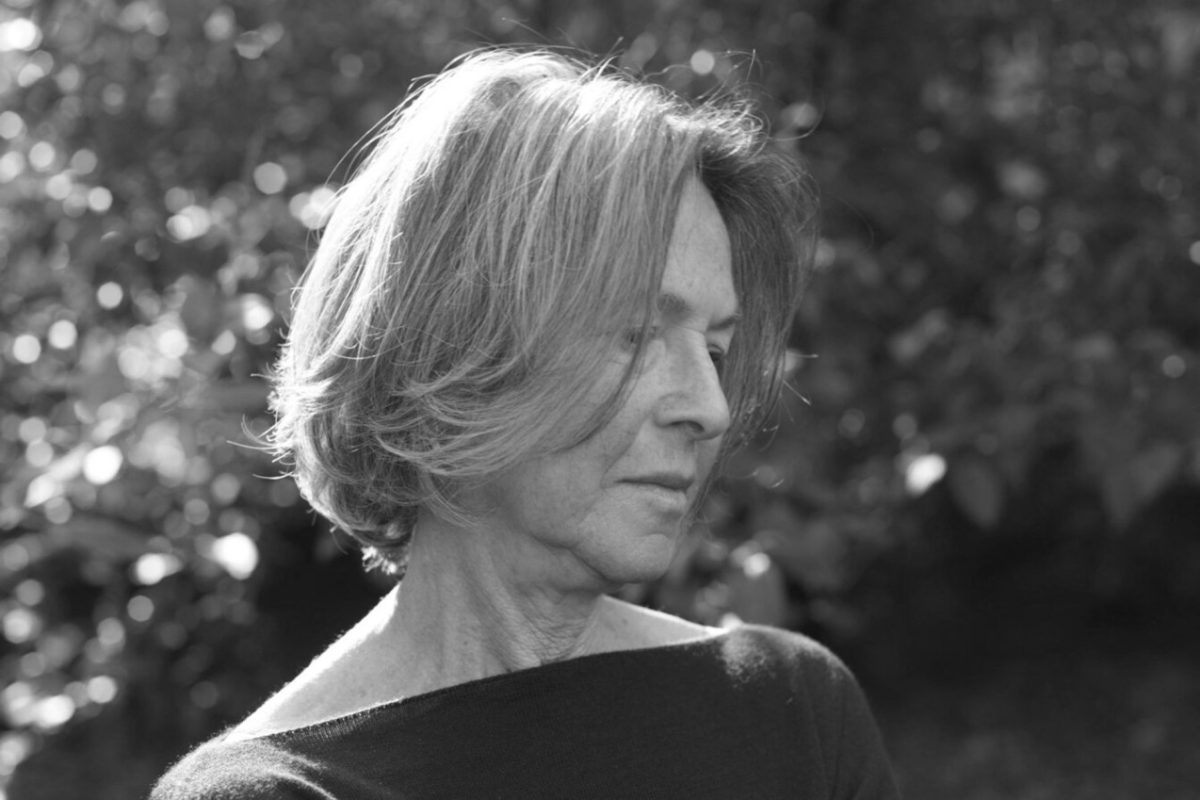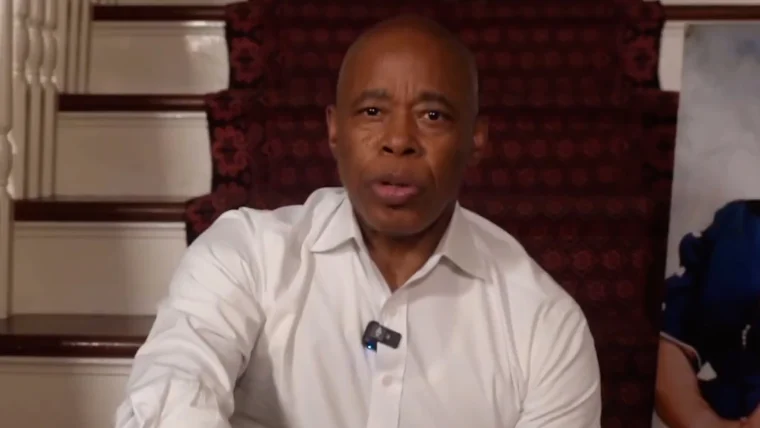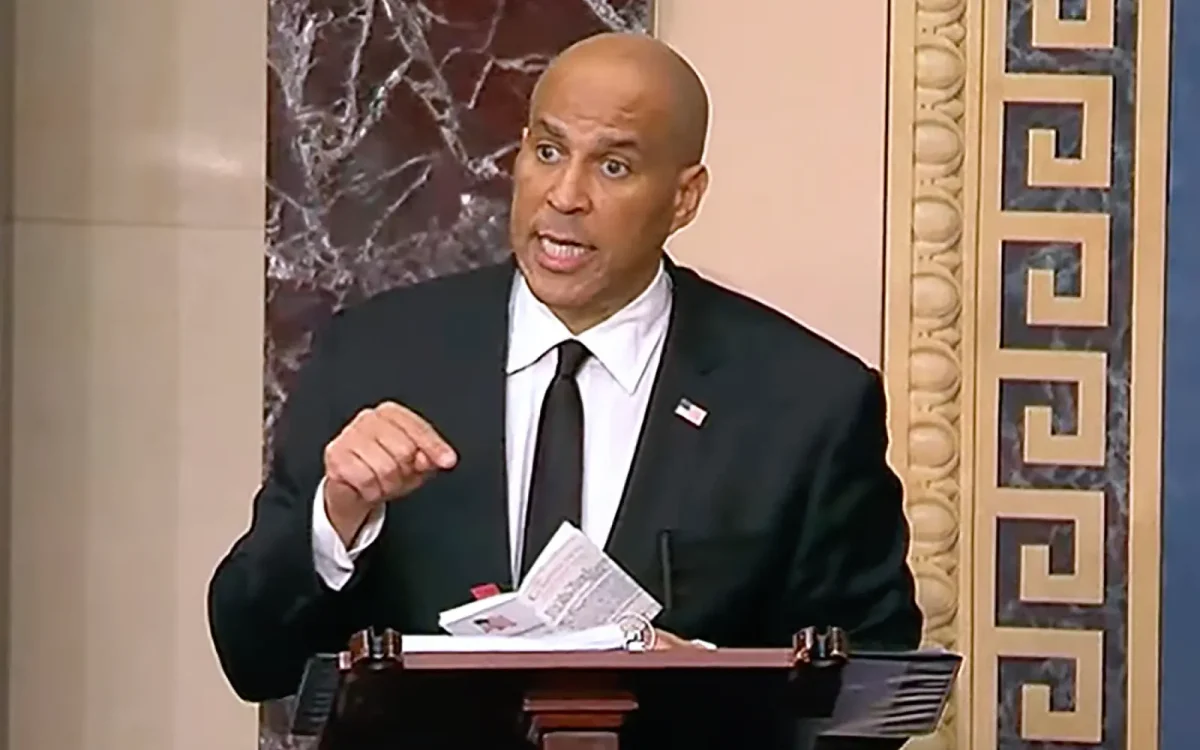In the era of #MeToo, there has been a ripple effect in allegations of sexual assault and misconduct across the television, music, and movie industry. It seems that the Swedish Academy, the institution that presides over the Nobel Prize in Literature, would be next.
In 2018, the Nobel Prize in Literature was cancelled after a sexual assault scandal rocked the Academy. The jury cancelled the award after allegations against Jean-Claude Arnault, French photographer and the husband of Swedish Academy, member Katarina Frostenson were confirmed in legal action. According to The Independent, the Swedish Academy was forced to postpone the Nobel Prize in Literature after the Swedish newspaper Dagens Nyheterpublished detailed accusations of sexual assault from 18 women over the course of 20 years. Additionally, the Swedish newspaper reported that the Swedish Academy concluded that Arnault may have leaked the names of seven Nobel Prize laureates in Literature, most notably the laureate Bob Dylan in 2016. The Independent reports that allegations against Arnault have all but one been dropped due to lack of evidence. Although Arnault, now age 72, denies the accusations, he has recently been sentenced to two years in prison and ordered to pay the victim 10,000 euros in damages.
The allegations against Arnault, which include physical abuse and rape, led to a bitter internal feud within the Academy as its members did not know how to respond adequately to the claims. The Academy partly subsidized the Forum, a cultural club run by Arnault and Frostenson that showcased exhibits, readings, and Nobel Prize laureates. Arnault and Frostenson’s club closed down, prompting accusations of a conflict of interest. Three members resigned in April over the decision to not expel Frostenson, along with protests from permanent secretary Sara Danius and Frostenson herself, stating that a woman should not be punished for her husband’s actions. Frostenson and Danius both withdrew from the Academy, along with novelist Klas Ostergren, scholar Kjell Espmark, and historian Peter Englund. Technically, the members are appointed for life and cannot resign, and can only withdraw from future proceedings.
As a result, the Swedish Academy and King Carl XVI Gustaf decided to postpone the Nobel Prize in Literature in May 4th in order to regroup and decide on the next course of action. The Academy has to fill the newly empty seats, and the judges believe that postponing the prize will save its reputation. In a statement by the chairman of the board, they have decided not to award the prize because the situation “is so serious that a prize decision will not be perceived as credible.” Now, the Academy can use this time for internal reform and reconstruction.
Moreover, in 2019, they will award two people the Nobel Prize in Literature: one for 2018, and one for 2019. According to The Guardian, the judges review 200 nominations, release a shortlist in May, and then decide on five authors over the summer. It has not been known how the Academy plans to pick two winners for the 2019 Nobel Prize in Literature, but this is not the first time the judges have not awarded the prize. In fact, the literature prize has not been awarded in seven other occasions, although it was primarily due to WWI and WWII rather than a scandal such as this.
In protest to the postponing, an alternative Nobel Prize was awarded by a Swedish non-profit organization titled The New Academy. The New Academy was founded by Swedish journalist Alexandra Pascalidou, and was established with over 100 Swedish librarians and readers. Pascalidou wondered, “Why do the authors have to pay the price for this mess?” Her thoughts led to the start the one-off alternative prize, alongside over 100 prominent Swedish figures. They released a longlist of Swedish and international authors nominated for the alternative prize, and it was created after The New Academy reached out to different librarians, asking them to nominate 2 authors each. A list of 155 authors was created, which was then curated to 47 authors based on the number of nominations. According to BookRiot, the longlist had thirty women, seventeen men, eight women of color, and five men of color. This longlist is vastly more diverse than the longlist curated by the Swedish Academy, which is typically white, male, and French. The longlist represents the diverse reading tastes of the Swedish public, and how the Swedish Academy must reform its internal organization in order to better reflect the diverse literacy of the people.
On October 12th, a Guadeloupean novelist, Maryse Condé, was announced as the winner of The New Academy Prize in Literature in a reception held at the main branch of the Stockholm Public Library. She received one million kronor for her works depicting race and colonization. In her statement she states, “I am happy that our country is now known for other reasons, for this literature prize which I am so happy and proud to receive.” Her novels showcase the human experience involving slavery, post-colonization, gender, and class and gives the citizens of Guadeloupe a voice in literature. Condé’s success highlights that the Nobel Prize can be more open, inclusive, and reflective of contemporary perspectives.
Recently, the Swedish Academy announced the election of two new members: the Swedish Supreme Court Justice Eric Runesson and the poet Jila Mossaed. Both new members will be formally inducted on December 20th. Runesson will be taking the first chair as a person of law, and Mossaed will be taking chair 15, previously held by Kerstin Ekman. As a result, the Swedish Academy now has enough active members to be present at a meeting, but there is still intense friction between the current members. Danius, Espmark, and Englund are still considered “current” members and able to participate in choosing the new members, but will not return full-time unless Horace Engdahl, chair 17, resigns. Amidst this power struggle is the request from the Nobel Foundation for the Swedish Academy to form a new Nobel committee, with members untouched by the scandal. However, the Academy refuses to comply, and the Executive Director of the Nobel Foundation, Lars Heikensten, warnsthat the Academy will lose the prize to another organization if they do not solve their internal issues.
It is too early to tell how, or when, the Swedish Academy will reform its organization, but for now the public has the Alternative Nobel Prize to celebrate. Fellow Alternative Nobel Prize nominee Kim Thuy Ly Thanh stated, “This prize to me is so precious because it comes from the movement of citizens…It’s a reaction from the population.” The alternative prize created by The New Academy shows what the Swedish Academy can be, if they are able to reconstruct their once unshakeable institution.


















